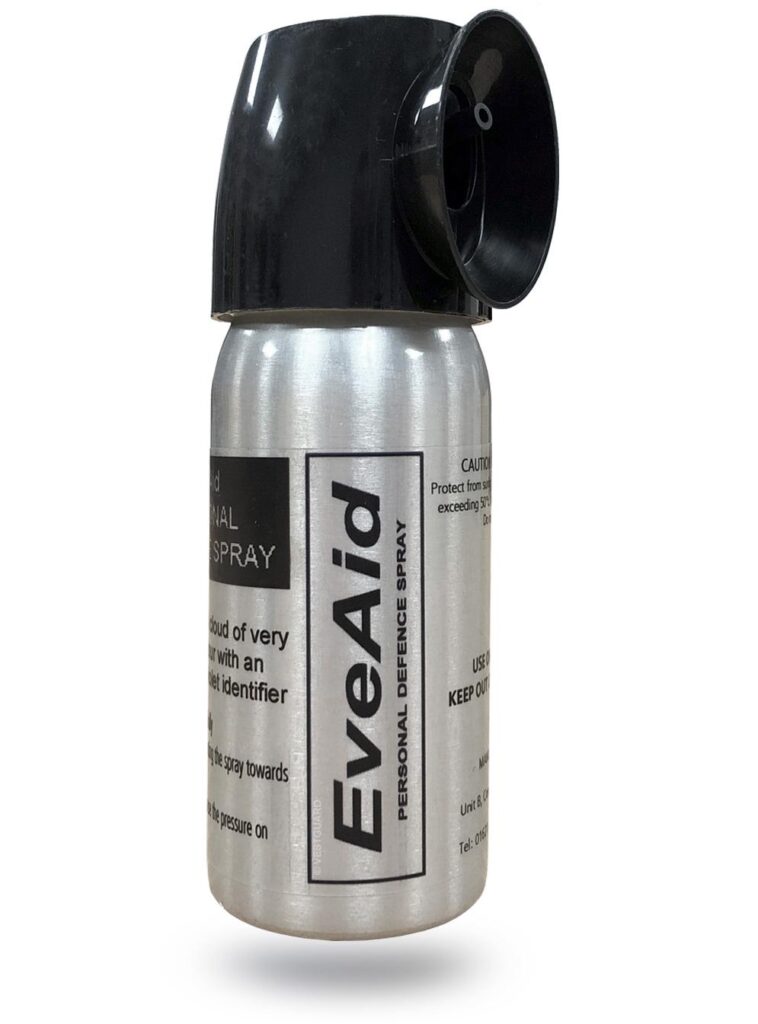Table of Contents
- Understanding the Legal Status of Pepper Spray in the United Kingdom
- Potential Consequences of Possession and Use Under UK Law
- Alternatives to Pepper Spray for Personal Safety in the UK
- Practical Safety Tips and Legal Guidance for Self-Defense
- Concluding Remarks
Understanding the Legal Status of Pepper Spray in the United Kingdom
In the United Kingdom, pepper spray is classified under the broader category of prohibited weapons according to the Firearms Act 1968. This means that carrying, purchasing, or possessing pepper spray is illegal for civilians and can result in severe legal consequences, including fines and imprisonment. The law treats pepper spray as an offensive weapon because of its potential to cause harm, and unlike some self-defense alternatives, it is not exempt from regulation. Understanding these restrictions is crucial to avoid inadvertently committing a criminal offense.
While pepper spray is off-limits, there are lawful alternatives available for personal protection within the UK, such as:
- Personal alarms that emit loud sounds to deter attackers.
- Self-defense training focusing on non-lethal physical techniques.
- Legal sprays like CS gas, but only in specific contexts authorized by law enforcement.
Ultimately, staying informed about the legal framework surrounding self-defense items ensures that personal safety does not come at the cost of legal repercussions. If uncertain, consulting with a legal expert before purchasing or carrying any defensive product is highly recommended.
Potential Consequences of Possession and Use Under UK Law
Possessing or using pepper spray in the UK can lead to serious legal repercussions, as it is classified as a prohibited weapon under the Firearms Act 1968. This means that individuals caught with pepper spray may face criminal charges, which can result in penalties such as fines, imprisonment, or both. The law treats possession strictly, even if the spray is held for self-defense purposes. Authorities emphasize that carrying or using pepper spray without proper authorization-typically reserved for law enforcement-constitutes a criminal offense.
Some of the key potential consequences include:
- Arrest and criminal record: Being found with pepper spray can lead to arrest and a permanent criminal record, impacting future employment and travel opportunities.
- Imprisonment: Depending on the case’s severity and circumstances, individuals may face custodial sentences, especially if the spray was used aggressively.
- Confiscation and forfeiture: Law enforcement has the authority to seize pepper spray, with no possibility of legal ownership or return.
- Possible charges under assault or weapon offenses: Using pepper spray during a confrontation may escalate charges beyond possession to assault or other violent crime allegations.
Alternatives to Pepper Spray for Personal Safety in the UK
When it comes to safeguarding yourself without resorting to pepper spray-which is classified as a prohibited weapon in the UK-there are various effective options to consider. Personal alarms, for instance, act as a powerful deterrent by emitting a loud noise that can disorient an attacker and attract immediate attention. These compact devices are easy to carry on keys or bags and can empower you in potentially dangerous situations without breaching any laws.
Other practical alternatives include:
- Sturdy Tactical Flashlights: Designed for self-defense, these flashlights can temporarily blind an attacker with bright beams while providing illumination.
- Personal Safety Apps: Mobile applications equipped with GPS tracking and emergency alert features allow trusted contacts to monitor your safety in real time.
- Self-Defense Training: Learning basic techniques not only boosts confidence but also prepares you to react effectively if threatened.
Practical Safety Tips and Legal Guidance for Self-Defense
When considering self-defense, it’s crucial to understand not only the effectiveness of your chosen method but also its legal standing. In the UK, carrying or using pepper spray is illegal, as it falls under the category of a prohibited firearm under the Firearms Act 1968. Instead of pepper spray, individuals are encouraged to explore alternative self-defense tools that comply with local laws, such as personal alarms or specially designed protective sprays that do not contain incapacitating chemicals. Always research thoroughly before purchasing any self-defense product to avoid unintentional legal consequences.
Aside from legality, practical safety should be a priority. Here are some essential tips to keep in mind:
- Stay Aware: Situational awareness can prevent many dangerous encounters before they escalate.
- Training: Regularly practice self-defense techniques to ensure you can respond effectively in a crisis.
- Legal Knowledge: Familiarize yourself with current laws on self-defense tools and actions-they vary significantly by region.
- De-escalation: Whenever possible, try to calm situations instead of resorting immediately to force.
Concluding Remarks
In conclusion, while pepper spray is a powerful self-defense tool in many parts of the world, it is important to understand that its possession and use are strictly prohibited in the United Kingdom. Carrying pepper spray can lead to serious legal consequences, including criminal charges. If you’re looking for effective ways to stay safe, consider alternative legal options such as personal alarms or self-defense classes. Staying informed about the laws and prioritizing personal safety within the legal framework will help you protect yourself responsibly. Always remember: when it comes to self-defense, knowledge and preparedness go hand in hand.Check Our Other Blogs
- StunGun – Your Trusted Source for Stun Guns, Laws, and Self-Defense Tips
- PepperSprayLaws – Your Trusted Resource for Pepper Spray Information
- StunGunLaws – Your Trusted Guide to Stun Gun Legality and Safety




